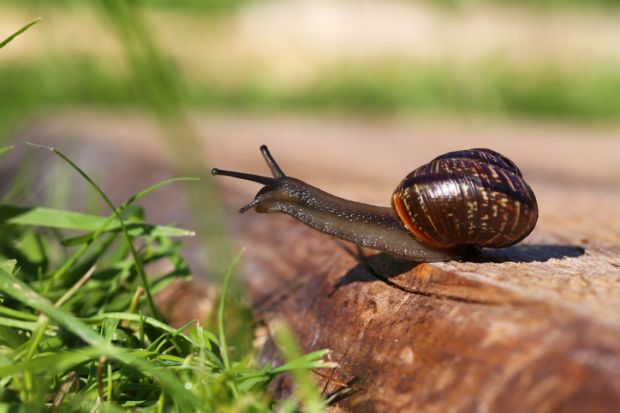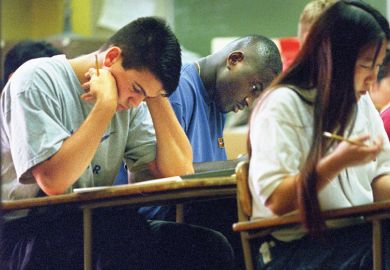The Netherlands’ lead for diversity in higher education has said universities are progressing “very slowly” towards being more inclusive to non-Dutch academics despite political support for the change.
Vinod Subramaniam, president of the University of Twente, said “a lot of people think [the country] is not quite inclusive yet”, adding that the Netherlands’ famed tolerance was “emphatically” not the same as inclusion. “It’s the distinction between diversity and inclusion: are you invited to the party or are you asked to dance?” he told Times Higher Education.
Professor Subramaniam leads the national advisory committee on diversity and inclusion in higher education, which was set up by the Education Ministry to oversee a five-point action plan introduced in 2020.
The plan, which runs until 2025, includes broader monitoring of diversity, a new award system, better help for institutional diversity planning and the creation of a national knowledge centre.
The New Dehli-born expert in neurodegenerative disease, who arrived in the Netherlands in 2004 after studying and working in the US and the UK, said that although he himself had never felt excluded from Dutch academic life, there was a feeling among other non-Dutch colleagues that progress towards inclusivity was progressing “very slowly”.
One non-Dutch academic recently told THE that she had faced a decade of bullying and discrimination from her institute director, and felt she had been passed over for promotion in favour of less experienced, ethnically Dutch colleagues despite putting in 80-hour weeks.
In July, the education minister, Robbert Dijkgraaf, told the Dutch parliament that he would set aside just €4 million (£3.5 million) a year to cover further work on HE diversity and inclusion research, monitoring, interventions, knowledge-sharing and awareness.
“You had nothing before and now you have this, which I think is a great start,” said Professor Subramaniam. “Could you do more with more? Yes, but you know what? Let’s go with this. It shows his commitment…it’s a signal.”
Professor Subramaniam said that although he is the only ethnically non-Dutch university leader, and the National Network of Women Professors has predicted that the Netherlands will not reach gender parity among professors until 2041, the country is “getting better” at taking diversity and inclusion seriously. “It’s not without its challenges. I think it’s a bit of a national learning process, certainly in higher education,” he added.
Current laws prevent data collection on characteristics beyond gender, and Professor Subramaniam said that publicly and politically there was “a bit of hesitancy” around diversity data collection. Nevertheless, he continued, “it’s a subject that’s important, and if you want to be able to quantify progress then you need to be monitoring something.”
Professor Dijkgraaf told parliament that the launch of a national knowledge centre on diversity and inclusion remained a “long-term ambition”, and that the Education Ministry was due to release new reports imminently, including, for example, on the dropout rate among pregnant women in scientific careers.
Professor Subramaniam said it was helpful that the minister had worked for many years as an academic in the US, a country “further ahead” on diversity and inclusion, but added that “transplanting the language and semantics from the US or the UK doesn’t quite work in a local context”.




